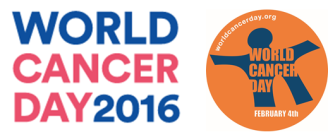 D. Michal Freedman
D. Michal Freedman
Some previous epidemiologic studies have suggested that having Parkinson’s disease decreases your risk of developing cancer, and vice versa. If true, this finding could provide insight into underlying biologic mechanisms for the two diseases.
How we set out to answer the question
In a study published in the International Journal of Epidemiology we used data from Medicare, a U.S. federal health insurance programme for those aged ≥65 years, linked to U.S. cancer registry data to examine the relationship between Parkinson’s disease and cancer. Because we used Medicare data, we were limited to people aged 65 years and older. However, as the Medicare database is very large, we were able to examine relationships in whites and non-whites, in men and women, and in different age groups (all above 65 years).
We hypothesized that previous studies may have found a lower risk of cancer after Parkinson’s disease because cancer screening or medical work-ups were less frequent in people with a debilitating condition such as Parkinson’s than in people without such a condition. Continue reading “Parkinson’s disease and cancer risk: is there a relationship?”

 World Cancer Day
World Cancer Day